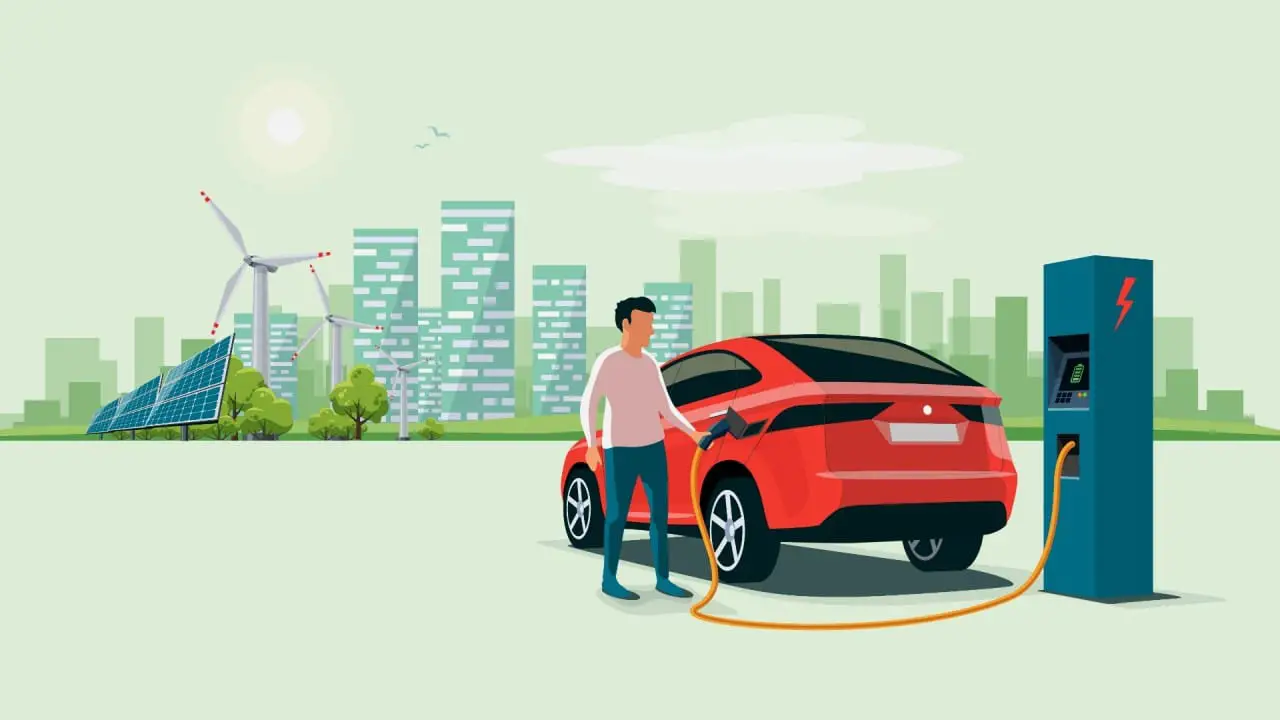Electric Vehicles: Transforming Society and Shaping Mobility Solutions.
In recent years, electric vehicles (EVs) have emerged as more than just a means of transportation—they are catalysts for societal change and innovative mobility solutions.


In recent years, electric vehicles (EVs) have emerged as more than just a means of transportation—they are catalysts for societal change and innovative mobility solutions.
Beyond their environmental benefits, EVs are reshaping urban landscapes, redefining transportation equity, and paving the way for a more sustainable and accessible future.
Let's delve into the societal impacts and mobility solutions facilitated by electric vehicles.
Read: Barriers to electric mobility
Urban Planning and Infrastructure
The adoption of electric vehicles is driving changes in urban planning and infrastructure development.
Cities are investing in EV-friendly infrastructure, including charging stations, dedicated EV parking spaces, and incentives for EV owners.
This shift towards electrified transportation is not only reducing air pollution and noise levels but also influencing urban design, with cities prioritizing pedestrian-friendly spaces and alternative modes of transportation.
Read: Battery Electric Vehicles: Clean City Mobility
Transportation Equity
Electric vehicles have the potential to address transportation equity issues by providing cleaner, more affordable, and accessible transportation options.
Initiatives such as electric vehicle sharing programs, subsidized EV purchases for low-income communities, and targeted infrastructure investments in underserved areas are helping to bridge the transportation gap and improve mobility for all residents, regardless of socioeconomic status.
Read: State of electric mobility in Kenya.
Public Health Benefits
The transition to electric vehicles is yielding significant public health benefits by reducing air pollution and mitigating the harmful effects of vehicle emissions on human health.
Electric vehicles produce zero tailpipe emissions, resulting in cleaner air and lower rates of respiratory illnesses such as asthma and lung cancer.
By promoting the adoption of EVs, policymakers can enhance public health outcomes and create healthier communities for future generations.
See: Conversation on electric mobility in Africa.
Integration with Emerging Mobility Solutions
Electric vehicles are playing a pivotal role in the integration of emerging mobility solutions such as ride-sharing, car-sharing, and autonomous vehicles.
Electric ride-sharing and car-sharing services are gaining popularity in urban areas, offering convenient and environmentally friendly transportation options for residents and visitors alike.
Additionally, electric and autonomous vehicle technologies are converging to create innovative mobility solutions that promise to revolutionize urban transportation systems and enhance connectivity and accessibility.
Job Creation and Economic Growth
The electric vehicle industry is generating new opportunities for job creation and economic growth, from manufacturing and research to infrastructure development and service provision.
As demand for EVs continues to rise, investments in battery production facilities, charging infrastructure deployment, and workforce development are stimulating economic activity and creating sustainable employment opportunities in communities around the world.
Read: Electric Mobility for Everyone
Conclusion
Electric vehicles are not just vehicles; they are agents of change, transforming society and shaping the future of mobility.
By promoting sustainable transportation solutions, fostering transportation equity, and improving public health outcomes, electric vehicles are contributing to a more inclusive, resilient, and prosperous society.
As we embrace the societal impacts and mobility solutions facilitated by electric vehicles, we are charting a course toward a cleaner, greener, and more connected world for generations to come.




